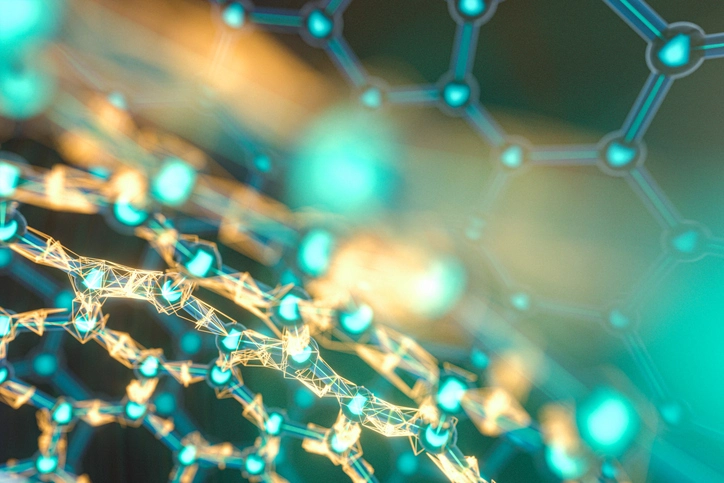Biomaterials
In recent years, biomaterials have emerged as a critical component in the development of innovative medical devices and advanced healthcare solutions. Biomaterials are substances that interact with biological systems for diagnostic or therapeutic purposes. These materials can be derived from natural sources such as collagen or synthetic polymers like polyethylene glycol (PEG). The primary goal is to ensure these materials are safe, biocompatible, and effective in their intended applications.
The testing of biomaterials is essential to ensure that they meet regulatory standards and perform reliably under various conditions. Regulatory bodies around the world, including the FDA and CE marking for EU markets, have stringent guidelines governing the use of biomaterials in medical devices. These tests are designed to evaluate biocompatibility, mechanical properties, chemical stability, and degradation rates.
Our testing services focus on providing comprehensive analysis tailored to meet the unique challenges posed by biomaterials. Our state-of-the-art facilities allow us to simulate real-world conditions that biomaterials might encounter during use. This includes assessing material interactions with bodily fluids, tissue response over time, and long-term stability.
The tests we perform are based on internationally recognized standards such as ISO 10993-1: Biological Evaluation of Medical Devices—Part 1: Evaluation and Testing General Requirements for Biocompatibility Studies. These standards provide a framework that ensures our testing protocols are consistent with industry best practices.
Industry Applications
Biomaterials find extensive use across various sectors, including orthopedics, cardiology, dentistry, and plastic surgery. Below is a table summarizing some key applications:
| Application Area | Description |
|---|---|
| Orthopedic Implants | Biomaterials are used to create artificial joints, bone graft substitutes, and spinal devices. These materials need to be robust enough to withstand physical stress while also promoting bone integration. |
| Catheters & Stents | In cardiology, biomaterials like nitinol or polytetrafluoroethylene (PTFE) are used in the development of catheter tubes and stent designs. These materials must be flexible yet strong to navigate through complex anatomy. |
| Dental Implants | Biomaterials such as titanium alloys play a crucial role in dental implants. They need to provide long-term stability without causing adverse reactions within the mouth. |
| Soft Tissue Repair | In plastic surgery, biomaterials may be used for reconstructive purposes, providing support and structure where damaged tissue cannot regenerate on its own. |
- Biomaterials are also utilized in bioprinting to create living tissues and organs for transplantation.
- They have applications in drug delivery systems, enabling controlled release of medications directly at the site of injury or infection.
Why Choose This Test
Testing biomaterials is crucial not only for compliance with regulatory requirements but also to ensure product safety and efficacy. Here are several reasons why you should choose our testing services:
- Comprehensive Evaluation: We offer a full suite of tests covering biocompatibility, mechanical performance, chemical stability, and more.
- Expertise in Standards: Our team is well-versed with international standards like ISO 10993-1 which guide our testing procedures.
- Prediction of Real-world Performance: By simulating actual usage conditions, we can predict how biomaterials will behave under stress over extended periods.
- Customized Solutions: We understand that every project is unique. Our services are flexible enough to accommodate specific client needs and goals.
We pride ourselves on delivering accurate results that help our clients make informed decisions about their biomaterials development projects. By choosing us, you gain access to the latest technologies and methodologies used in biomaterial testing.
Environmental and Sustainability Contributions
The use of biomaterials contributes significantly to environmental sustainability by reducing reliance on non-renewable resources. Many biomaterials are derived from renewable sources, which helps lower carbon footprints associated with manufacturing processes. Additionally, biodegradable polymers reduce the amount of waste generated after disposal.
Our testing services support these efforts by ensuring that biomaterials meet stringent environmental criteria without compromising their performance. This not only aids in meeting regulatory standards but also enhances brand reputation among environmentally conscious consumers and stakeholders.
We collaborate closely with our clients to develop sustainable practices throughout the product lifecycle, from raw material sourcing through end-of-life recycling or composting options. Through rigorous testing, we help identify areas for improvement that lead to greener products and processes.





